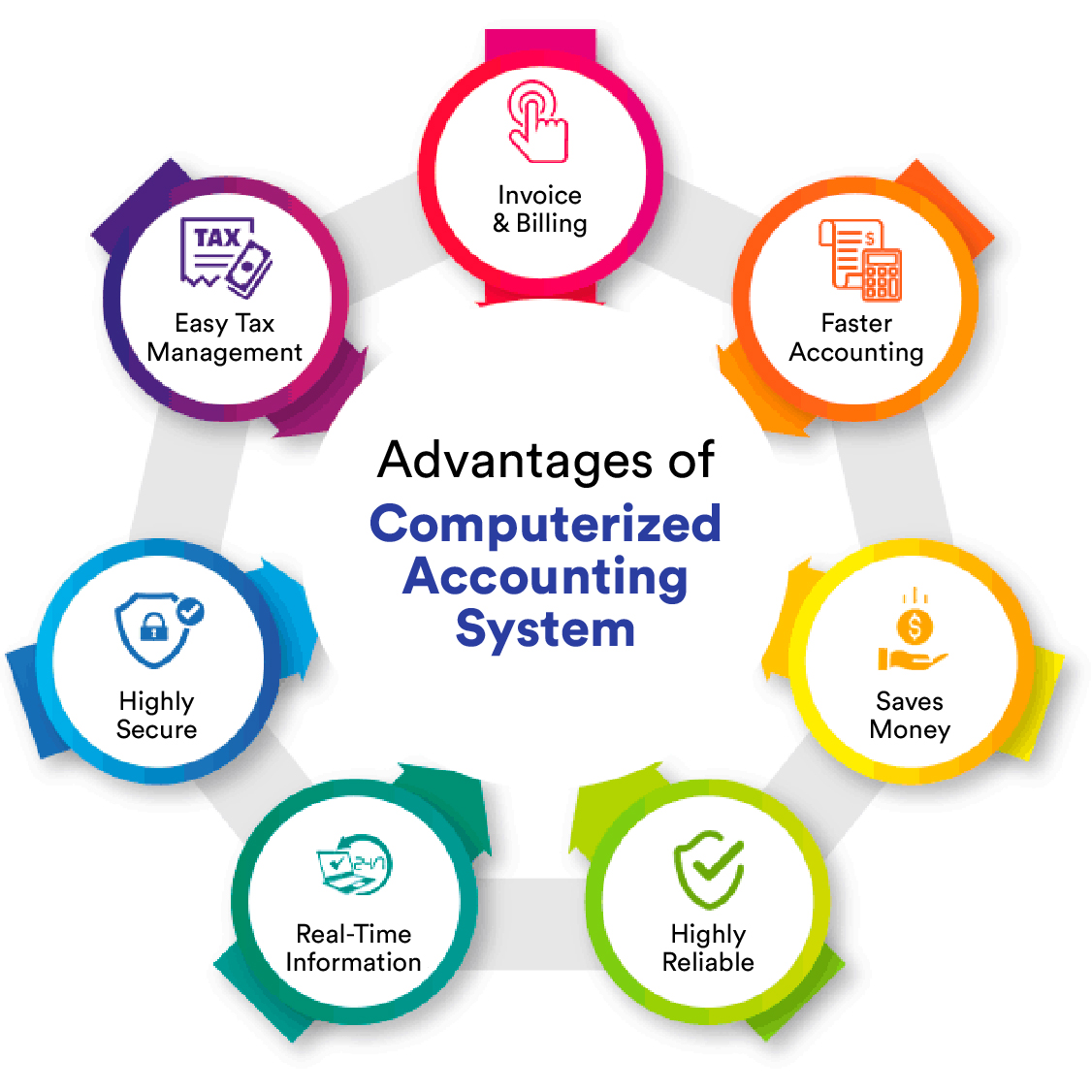
A Computerized Accounting System (CAS) is a technological advancement that automates complex accounting processes, replacing manual data entry with computer-based execution. CAS has revolutionized accounting by simplifying tasks and streamlining operations.
Instead of using conventional accounting journals, books, and Excel spreadsheets, CAS creates and maintains reliable, standardized records while offering mobile and fast reporting capabilities.
Its features include enhanced accuracy, increased productivity, tighter internal control systems, and accessible data backup and restoration. Many companies now offer CAS and related services, embracing the benefits of modern accounting technology.
Why is a Computerized Accounting System Important?
CAS is crucial for individuals, firms, and businesses as it automates accounting practices. The system's speed and accuracy are its standout features, making it essential, especially for larger enterprises handling numerous transactions across various verticals at different times.
The need for a computerized accounting system arises from its remarkable advantages, agility, and reliability. It offers cost-effective management of banking activities and business transactions. Moreover, it efficiently handles a significant volume of businesses precisely, enabling swift and accurate financial reporting.

Embrace CAS: Advantages for Your Organization
Components of a Computerized Accounting System
Business owners must know it’s not a one-time task when transitioning to a computerized accounting system (CAS). Various components within the existing platforms require synchronization to ensure CAS compliance and generate accurate accounting records.
According to CAS rules, four key components require synchronization:
- Accountants must manage your general journal and subsidiary records.
- Accounting records encompassing sales, inventory, purchases, accounts receivable, accounts payable, payroll ledger, subsidiary ledger, and similar items should be prepared.
- Application systems responsible for generating billing statements, cash vouchers, invoices, official receipts, and other entries for the subsidiary ledger must be identified.
- The cash register machines (CRM) and point of sale (POS) must connect to the computerized accounting system.
Identifying and understanding these components is the initial step toward CAS compliance. Once you grasp the CAS ecosystem components, your company’s registration process and implementation will be more manageable.
Requirements of BIR CAS in the Philippines
About the Author
Janine Motos
Editor
Janine has worked and written several blogs for Mustard Seed Systems Corporation as a Marketing Manager. This tech-savvy Website Admin now works as a Digital Innovations Lead, helping customers innovate and improve internal processes. She harnesses her IT expertise and power of words to drive transformative change for businesses of all sizes.









